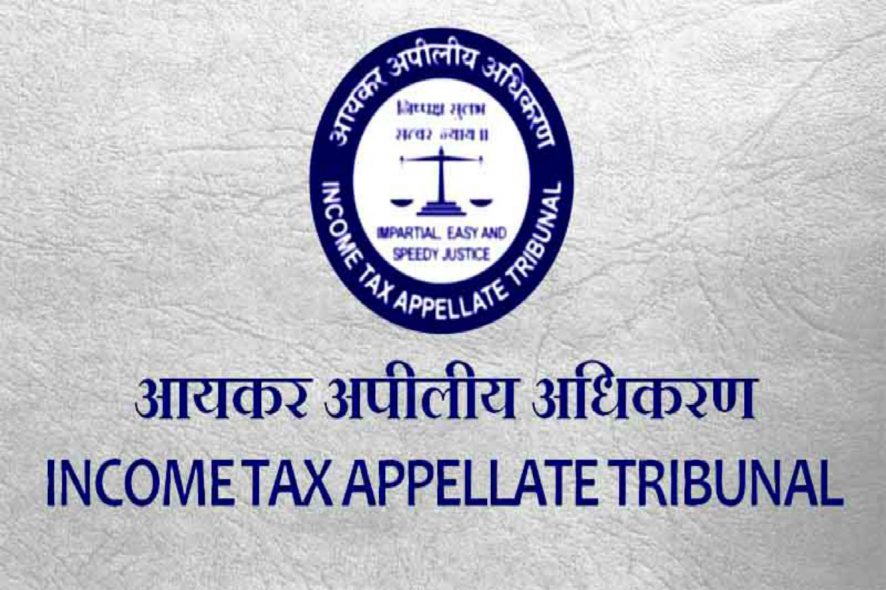Income Tax Appellate Tribunal (ITAT), Mumbai: The Bench of Pramod Kumar (Vice President) and Pavan Kumar Gadale (Judicial Member) allows Foreign Tax Credit to Amarchand & Mangaldas under Indo-Japanese Tax Treaty.
The issue in the instant matter was:
“Whether or not the authorities below were justified in declining tax credit under Article 23(2) of India Japan Double Taxation Avoidance Agreement [‘Indo Japanese tax treaty’, in short; (1990) 182 ITR (Stat) 380– as amended from time to time], in respect of taxes of Rs 80,55,856 withheld by its clients fiscally domiciled in Japan, on the facts and in the circumstances of this case.
Alternatively, assessee pleaded that in the event of the assessee being declined the tax credit in respect of the taxes so withheld in Japan, the assessee should at least be allowed a deduction, for the said amount, in the computation of its professional income.
In the instant case, the assessee is one of India’s well-known firms and is assessed to tax in the status of a partnership firm.
Further, it was stated that the return filed by the assessee was subjected to scrutiny assessment proceedings. The assessee had claimed a foreign tax credit of Rs 80,55,856 in respect of taxes withheld by its clients in Japan.
Adding to the above, it was stated that the taxes so withheld were at the rate of 10% on gross billing amounts, by treating the professional fees earned by the assessee in Japan as taxable in Japan.
Assessing Officer opined that the taxes were wrongly withheld in Japan and therefore the assessee was not entitled to a foreign tax credit in respect of the same.
Commissioner (Appeals) noted that the taxes withheld by the Japanese clients were contrary to the scheme of the Indo Japanese tax treaty, and, therefore, the assessee was not entitled to any foreign tax credit for the same.
Being aggrieved with the above, assessee appealed before the Tribunal.
Analysis and Decision
Tribunal observed that there was no dispute about the fundamental legal position in terms of Article 23(2)(a) of Indo Japanese tax treaty,
“where a resident of India derives income which, in accordance with the provisions of this Convention, may be taxed in Japan, India shall allow as a deduction from the tax on the income of that resident an amount equal to the Japanese tax paid in Japan, whether directly or by deduction.”
Further, the bench stated that
“What essentially follows is that when in accordance with the provisions of Indo Japanese tax treaty, any income of Indian resident is taxed in Japan, the Indian resident will get the deduction, in the computation of his tax liability, taxes paid by the assessee in Japan- whether paid directly by the assessee or whether taxes were withheld in Japan.”
Issue to adjudicate:
Whether the assessee could reasonably be said to be taxable in Japan under Article 12, in respect of the professional income earned in Japan, of the Indo Japanese tax treaty?
Tribunal made another observation that there are overlapping areas in the definition of fees for technical services under Article 12(4), which covers’ technical, management and consultancy services’ vis-à-vis the definition of professional services income from which can be taxed under Article 14 as ‘income from independent personnel services’.
While continuing with the above observations, tribunal added that when a particular type of income is specifically covered by a treaty provision, the taxability of that type of income is governed by the specific provisions so contained in the treaty.
“When we are interpreting a treaty provision, we cannot be guided by any one rule of interpretation alone even when the results achieved on that basis come in conflict with the results reached at by way of applying the other applicable principles.”
Tribunal concluded that unless the provisions of Article 14 are held to be applicable only for individuals, the exclusion clause under Article 12(4) being confined to the individuals earning income taxable under Article 14 does not make sense.
“principles of interpretation of treaties, as indeed any statutory provision or legal document, are to be applied in a holistic manner, and no one principle of interpretation, howsoever well established, can have priority over another principle of interpretation which is legally binding.”
Bench in view of the above discussion found that under the scheme of this treaty, what is taxable under Article 14 is only the professional income of an individual and not of entities other than individuals.
“…in the scheme of the Indo Japanese tax treaty, Article 14 for independent personal services holds the field for the individuals only- particularly in the light of the exclusion clause under Article 12(4) being restricted to payment of fees for professional services to individuals alone.”
Hence, Tribunal found that the assessee was wrongly declined tax credit of Rs 80,55,856.
While parting with the decision, Tribunal expressed that in a situation in which a transaction by a resident of one of the contracting states is to be examined in both the treaty partner jurisdictions, from the point of view of taxability of income arising therefrom, different treatments being given by the treaty partner jurisdictions will result in incongruity and undue hardship to the assessee.
“…on the peculiarities of Indo Japanese tax treaty provisions, the legal fees paid to a partnership firm of lawyers can indeed be subjected to levy of tax under Article 12 as the exclusion clause under Article 12(4) does not get triggered for payments to persons other than individuals, and the provisions of Article 14 are required to be read in harmony with the provisions of Article 12(4).”
[Amarchand & Mangaldas & Suresh A Shroff & Co. v. Asst. Commr. of Income Tax, 2020 SCC OnLine ITAT 500, decided on 18-12-2020]
Appearances by:
Dr S M Lala, Dishesh Shrivastava, and Harsh Bafna, for the appellant.
S S Iyengar for the respondent.






